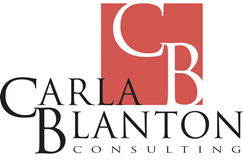

When I lead a media training session, I always tell participants that what they learn will benefit them not only during interviews. They will use these skills when they’re communicating with employees, clients and board members.
Effective communication is effective communication – no matter the circumstances or the audience.
Further proof that the fundamentals remain the same came during a study my Sunday School class is doing on prayer. Bill Hybels, senior pastor at Willow Creek Community Church, has authored a book called “Too Busy Not to Pray.”
Hybels writes: “God doesn’t want us to pile up impressive phrases. He doesn’t want us to use words without thinking about their meaning.”
Don’t we all want that?
Too often, we are guilty of using words without thinking about their meaning. We’re also guilty of overusing words and phrases to the point that they’ve lost their meaning. Start with “organic.” Toss in a “robust” or a “transparent.” It’s the perfect recipe for corporate-speak, and I bet your employees are tired of it. And since everyone else is using those words, your customers don’t find much meaning in them either.
Hybels shares memorable suggestions for what prayer should look like. They’re also applicable for any meaningful conversations you’d like to have. Your conversation should be:
- Simple
- Succinct
- Specific
- Sincere
As I said, effective communication is effective communication – no matter the circumstances or the audience.